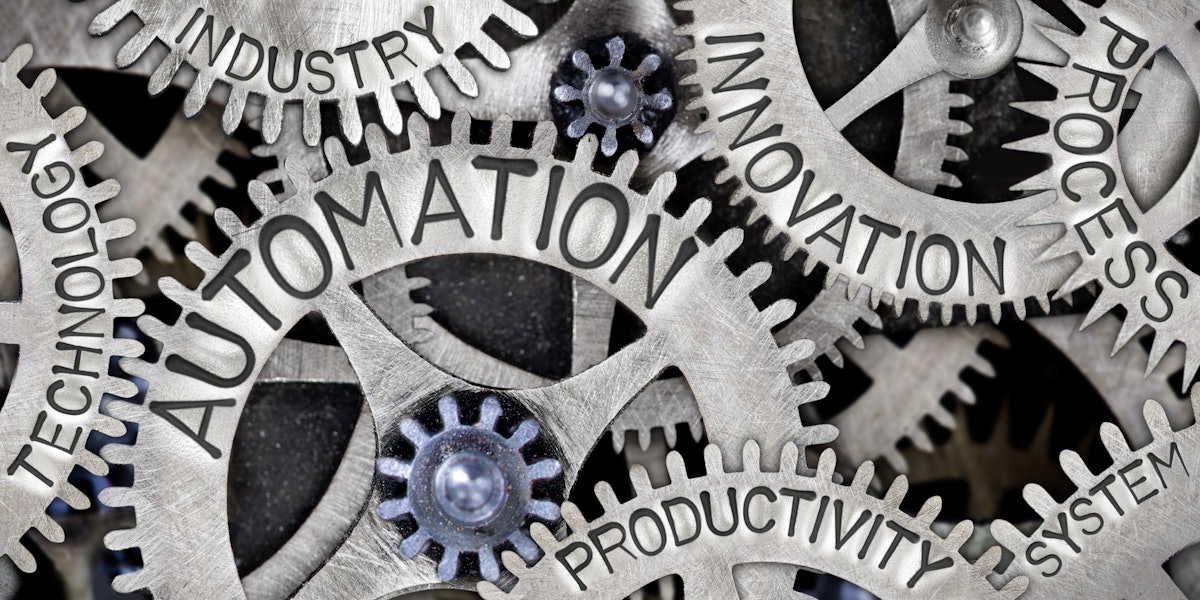In the fast-paced world of business, technology, and design, iteration is often hailed as the holy grail of progress. The mantra “fail fast, iterate faster” permeates startup culture, software development, and even creative industries. Iteration — the process of refining a product, idea, or concept through continuous cycles of improvement — is undeniably powerful. But what happens when iteration becomes a double-edged sword? When does the relentless pursuit of incremental improvements start to strangle the very essence of true innovation?
In this article, we’ll dive deep into the paradox of iteration and innovation, exploring why constant tweaks sometimes kill breakthrough ideas, how organizations can find balance, and when it’s time to stop iterating and start innovating anew.
Understanding Iteration and Innovation: The Basics
To begin, it’s important to clearly define our terms.
Iteration refers to the process of repeating a set of operations or refinements, each time aiming to improve upon the previous version. This is often an incremental approach — a continuous cycle of testing, learning, and adjusting.
Innovation, on the other hand, means creating something fundamentally new or significantly improved — whether that’s a product, process, business model, or technology. Innovation tends to be more disruptive or transformative than incremental iteration.
Iteration: The Engine of Improvement
Iteration is the bread and butter of agile methodologies and lean startup philosophies. It minimizes risk by allowing rapid feedback loops, reducing costly errors, and honing a solution based on real-world data. It’s also a mindset of curiosity, adaptability, and constant learning.
Think about the evolution of your favorite smartphone — every year, minor tweaks enhance the camera, battery life, or interface. These improvements arise from iteration.
Innovation: The Spark of Change
Innovation leaps forward, often challenging the status quo and shaking up markets or industries. It can mean inventing something completely new, like the first smartphone itself, or radically rethinking existing systems — like how ride-sharing apps transformed transportation.
While iteration refines, innovation redefines.
The Iteration Trap: When Refinement Stifles Revolution
Iteration is essential, but it has its limits. When companies or creators get stuck in endless cycles of small changes, innovation can stall.
1. Diminishing Returns and Innovation Fatigue
Each iteration brings smaller and smaller gains. This is the law of diminishing returns in action.
Initially, changes might yield huge improvements. But after dozens or hundreds of tweaks, the product can only be marginally better. This can cause innovation fatigue — teams become exhausted by continuous minor adjustments, losing enthusiasm for bold new ideas.

2. Tunnel Vision and Incrementalism
Iteration encourages a narrow focus on improving what exists, often within the boundaries of current assumptions. This can blind teams to radical possibilities outside the existing paradigm.
In essence, iteration can breed incrementalism — the obsession with small-scale progress at the expense of bigger, more disruptive innovations.
3. Resource Drain and Opportunity Cost
Repeated iterations consume time, money, and creative energy. The longer a company spends tweaking a current product, the less it invests in breakthrough projects that could redefine the market.
Sometimes, a failing product is kept alive through endless minor updates, while competitors innovate and leap ahead.
4. Cognitive Bias and Resistance to Change
Psychologically, iteration aligns with status quo bias — the tendency to prefer existing systems and resist drastic change.
Organizations may rationalize continuous iteration as safer, more predictable, and less risky, even when the status quo is outdated or losing relevance.
Case Studies: When Iteration Killed Innovation
Examining real-world examples helps illustrate how iteration can derail innovation.
Kodak: A Cautionary Tale
Kodak invented the first digital camera in 1975, a groundbreaking innovation. Yet, the company clung to its film business, iterating on existing products and technology instead of embracing digital fully.
The fixation on incremental improvements to film cameras delayed true innovation, and Kodak ultimately filed for bankruptcy in 2012 — overtaken by companies who embraced digital disruption.
BlackBerry: From Pioneer to Afterthought
BlackBerry was once synonymous with mobile innovation, leading the smartphone market. However, as Apple and Android entered with radically different user experiences, BlackBerry iterated on its existing model rather than innovating boldly.
This cautious, incremental approach caused it to lose market share rapidly, illustrating how iteration without reinvention can be fatal.
Microsoft Windows Vista
Microsoft’s Vista was an iterative upgrade from Windows XP but lacked compelling innovation. The long development cycle focused on patching and refining the OS led to performance issues and user dissatisfaction.
Windows 7, which followed, succeeded by being more of a refinement on Vista’s base rather than a true innovation — highlighting iteration’s limits when innovation is needed upfront.
Balancing Iteration and Innovation: A Strategic Approach
The solution is not to abandon iteration — it’s about balance. How do organizations strike the right balance between iteration and innovation?
1. Separate Streams for Exploration and Exploitation
Management scholars often recommend dual operating systems: one team focuses on exploitation (iterating existing products), while another works on exploration (radical innovation).
Google famously allows employees 20% of their time for “moonshot” projects, encouraging exploration alongside core product iteration.
2. Embrace Periodic “Innovation Breaks”
Set clear points to pause iteration cycles and evaluate if radical change is needed. Instead of perpetual tweaking, ask: Are we optimizing the wrong thing? Should we pivot or reimagine?
Innovation breaks reset perspectives and foster breakthrough thinking.
3. Challenge Assumptions and Foster Diversity
Encourage questioning of deeply held beliefs and promote diverse teams with varying perspectives. This broadens the scope beyond incremental improvement and nurtures novel ideas.
Cross-disciplinary collaboration can uncover innovation opportunities iteration misses.
4. Invest in Long-Term R&D

Allocate resources explicitly for long-term research and development, distinct from day-to-day iteration. This supports discovery of disruptive technologies without the pressure of immediate returns.
Pharmaceutical and tech giants exemplify this model with dedicated labs for futuristic projects.
When to Stop Iterating and Start Innovating
Knowing when to switch gears is crucial.
Indicators to Stop Iterating
- Plateauing Metrics: When performance gains from iteration become negligible.
- Market Shift Signals: New technologies, regulations, or competitors challenge existing models.
- User Feedback: Customers demand features or solutions outside current capabilities.
- Internal Burnout: Team morale drops due to lack of creative progress.
Signs to Innovate Boldly
- Disruptive Opportunities: Emerging trends or breakthroughs create openings.
- Strategic Inflection Points: Market or industry transformations demand rethinking.
- New Visionary Leadership: Fresh leadership with a mandate for change.
- Failure of Current Models: When existing offerings are no longer viable or profitable.
The Role of Leadership in Managing Iteration and Innovation
Leaders shape how organizations balance these forces.
Vision and Risk Appetite
Visionary leaders see beyond iteration’s horizon and cultivate a culture willing to embrace risk and uncertainty.
Creating Psychological Safety
Teams innovate best when they feel safe to experiment and fail. Leaders must encourage experimentation without fear of harsh repercussions.
Resource Allocation and Incentives
Smart leaders allocate funding strategically — supporting steady iteration for core products while investing in experimental innovation.
Incentives should reward both incremental improvements and breakthrough thinking.
The Future: Iteration and Innovation in a Hyper-Connected World
With AI, big data, and rapid prototyping tools, iteration cycles have never been faster. This acceleration intensifies the iteration vs innovation tension.
Hyper-Iteration Risks
Instant feedback loops may trap teams in continuous tweaking, stalling truly transformative breakthroughs.
AI and Innovation
AI can aid innovation by generating ideas, simulating scenarios, and uncovering patterns humans miss. It could help break iteration’s incremental boundaries.
Conclusion: Iteration is Vital — But So Is Knowing When to Leap
Iteration is a powerful engine for refining and improving, but it is not a substitute for true innovation. When iteration becomes an endless loop of minor fixes, it can kill the disruptive creativity needed to shape new futures.
The challenge for organizations is to recognize the limits of iteration, foster a culture of both exploration and exploitation, and know when to stop iterating and start innovating boldly.
By mastering this balance, businesses and creators can avoid the iteration trap — ensuring continuous progress without sacrificing the transformative spark that defines true innovation.











































Discussion about this post